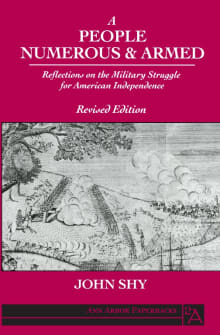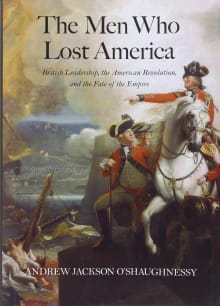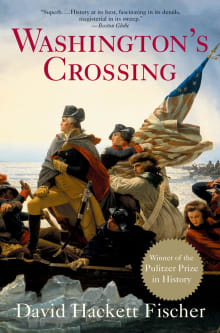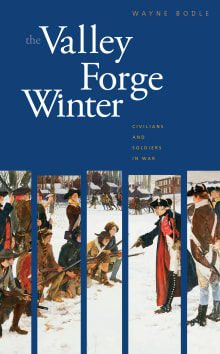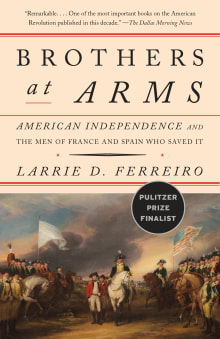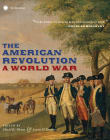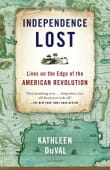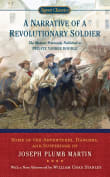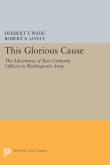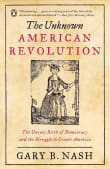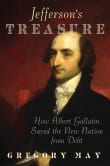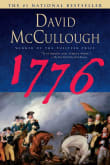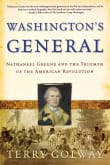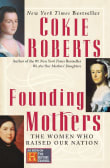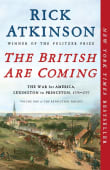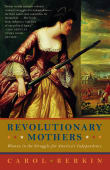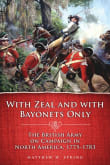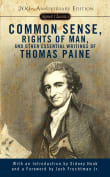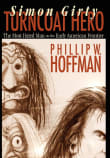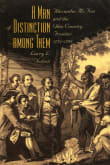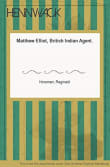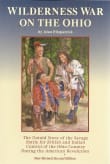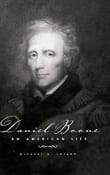
Why did I love this book?
This is a classic and provocative set of essays by an eminent historian who asked whether and in what ways the War for Independence resembled modern revolutionary wars. It led every serious historian of the Revolution to realize that the war was not simply a conflict between armies but a political struggle to secure the loyalty of the civilian population.
2 authors picked A People Numerous and Armed as one of their favorite books, and they share why you should read it.
Americans like to think of themselves as a peaceful and peace-loving people, and in remembering their own revolutionary past, American historians have long tended to focus on colonial origins and Constitutional aftermath, neglecting the fact that the American Revolution was a long, hard war. In this book, John Shy shifts the focus to the Revolutionary War and explores the ways in which the experience of that war was entangled with both the causes and the consequences of the Revolution itself. This is not a traditional military chronicle of battles and campaigns, but a series of essays that recapture the social,…

